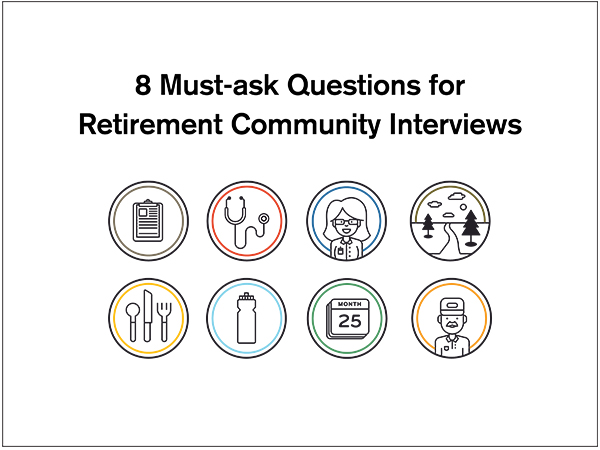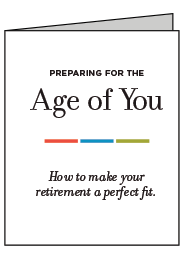Your first thought is “How conceited can I get?” However, once you have begun the process, your very next thought is “This is more work than I expected!” New and harsher thoughts tend to surface later in the writing process.
If you are genuinely seeking to be authentic and honest with yourself, old memories, once exposed to the light, can be surprisingly painful. Life is never perfect, and neither are we nor those we love. Human beings are masters at deceiving themselves and manipulating reality to better fit their wants and needs. And then there is that no small matter of truth. Regardless of how honest we try to be, memories, by their very nature, are not a wholly reliable source of truth. Our memories are just memories about a particular time, event or relationship that has long since passed, and what we choose to remember is highly selective and skewed, whether we are 6, 16 or 60.
Fortunately, if we are willing to look, life usually gives us that flip side, made up of a series of “and yets” and “but perhaps.” The same holds true for writing and maybe even reading memoirs. We live and learn in life through relationships, so “my” stories quickly became “our” stories. And, even though memories can create pain, they can also lift up joy and laughter and, perhaps most surprising, wisdom and understanding. Sometimes we can’t truly see the threads and connections of our life until we stand back and look at it both from a distance and also in minute detail, memory by memory.
But, what of the reader? Certainly, every life is uniquely its own, and yet we all follow similar threads and themes. A piece of my story may make a connection with a piece of your story and ignite a memory you had never considered or remembered until that link was made. Then the true value in reading is not what you learned about me, but what you are now learning about yourself.
And if the reader is a family member, no matter how many generations into the future, then my story IS your story! My hope for you is to make your personal story as wide and broad and deep as you possibly can. Don’t allow yourself to get stuck into a little story of some little self. Make it a grand epic that spreads over space and generations, with a cast of hundreds of unique characters. The broader the image you carry of yourself, the more open and unafraid you will be to accept and welcome others in all their many forms. Remember, with people as with trees, the deeper the roots, the broader the branches.




